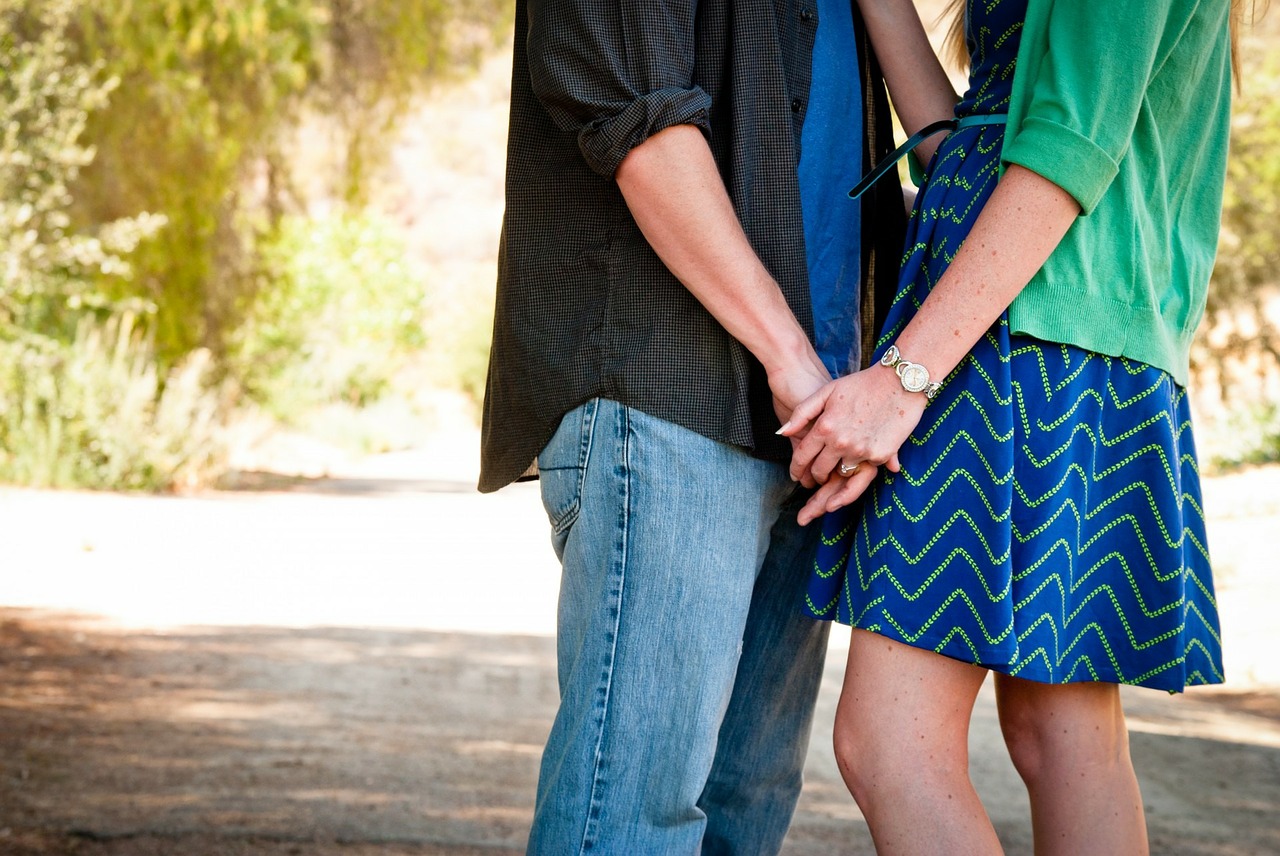Get Help With Alcohol Addiction
- Find meetings near you
- Discover online or in person meetings
- Get 24 hour information on addiction

Working through the 12 Steps of Alcoholics Anonymous is a personal journey experienced with others. As you share your experiences and feelings in AA, it’s easy to find common ground with your peers and to develop friendships. It’s also easy to see how you could become attracted to another member as you get to know them better. Before you let that thought travel very far, however, you should be aware of why dating in AA is discouraged, especially in early recovery.
Call 800-839-1686 Toll Free. Privacy Guaranteed. No Commitment.
Help is standing by 24 hours a day, 7 days a week.
You’re Still Learning About Yourself
In the beginning of recovery, you are just starting to learn about yourself and how your family upbringing may have affected you. Until you have worked through your issues and dealt with negative emotions such as bitterness, you are not going to be ready to develop a healthy relationship in recovery. Getting involved with someone too soon can bring you complications from their life that you’re not ready to deal with. Your energies could end up being spent on them while you still need your own time to heal and grow.
Like Attracts Like
 It’s a proven fact that “like attracts like.” If you’re not emotionally healthy, you’re going to attract someone who relates to your level of emotional maturity. Much of this involves “schemas,” which are automatic perceptions or thought constructs formed from one’s childhood and past experiences. You will end up in a much healthier relationship if you grow first as a person through the 12 Steps of recovery.
It’s a proven fact that “like attracts like.” If you’re not emotionally healthy, you’re going to attract someone who relates to your level of emotional maturity. Much of this involves “schemas,” which are automatic perceptions or thought constructs formed from one’s childhood and past experiences. You will end up in a much healthier relationship if you grow first as a person through the 12 Steps of recovery.
Your Ego Needs to Get Healthy
Going through recovery teaches you to understand yourself, your emotions, where your pain points are, and how to manage them. It takes a healthy ego to be in a healthy relationship. No one is perfect and disagreements will occur. You want to be in a place where you not only feel secure about yourself but are able to admit when you’re wrong. When someone close to you points out a problem, you don’t want to react defensively and turn it into a major battle or believe that the person doesn’t love you anymore.
It’s for Your Own Protection
You need to get emotionally healthy first to not only attract the right person but to recognize the wrong one, too. Studies confirm that people who experience abusive childhoods have a tendency to accept violence in adult relationships. You don’t want that for your life. If you grew up with childhood mistreatment, counseling can help you address your past so that you no longer accept violence or other abuse in your life.
Call 800-839-1686 Toll Free. Privacy Guaranteed. No Commitment.
Help is standing by 24 hours a day, 7 days a week.
Be Able to Give, Not to Need or Control
AA is all about living as an emotionally whole and spiritually fulfilled person. However, as Step Four in the Big Book says, “Either we insist upon dominating the people we know, or we depend upon them far too much.” Either situation is a type of codependency. The best relationships, says psychologist Gary Lewandowski in The Science of Relationships, are those that are egalitarian, “where partners share power and they’re equals, and both partners get to be their own person and help each other become better people.”
Once you reach the place where you feel good about yourself and your life, you can be open to finding someone who wants to share a positive life of growth with you. You won’t approach a relationship from a needy or dominating vantage point.
If you need further help with relationships during recovery, you might benefit from professional treatment. Call
800-948-8417
Who Answers?
today to find out about treatment programs near you and get the help you need.
Images Courtesy of Pixabay